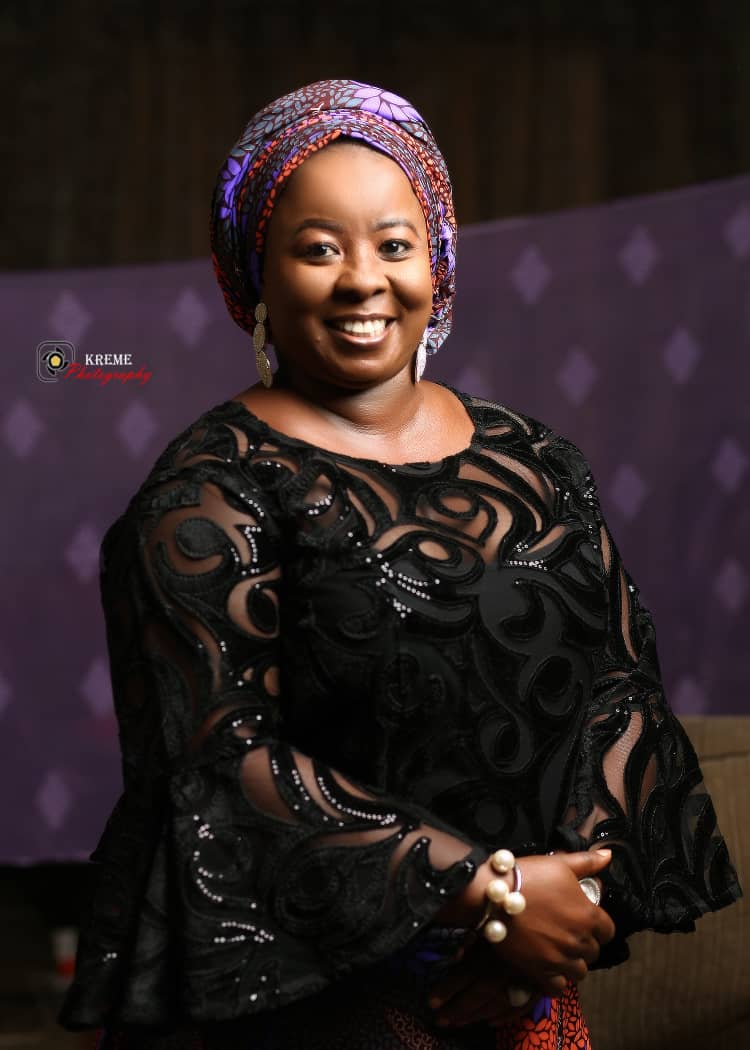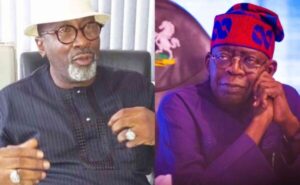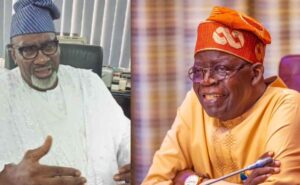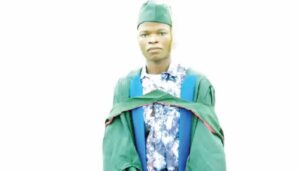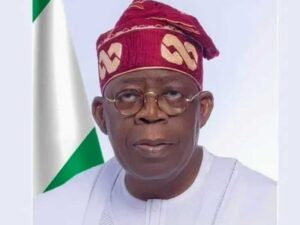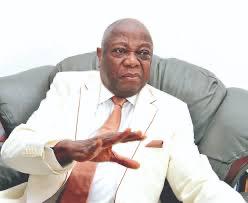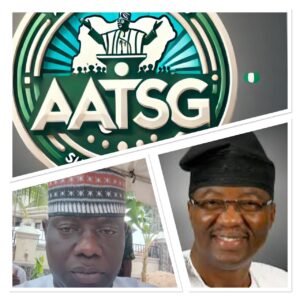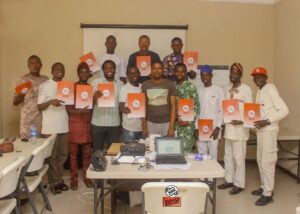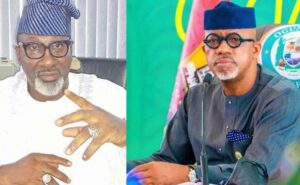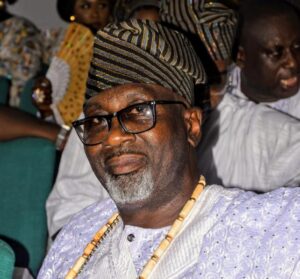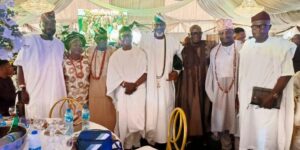Nigerian Women ask for Vice presidential position come 2023
The National Woman Leader of AATSG and Hajia Madina Sanusi currently contesting for the National Woman Leader of APC after her general meeting with all the 37 State women leaders of AATSG, 109 Senatorial woman Leaders, 774 Local Government Woman leaders and 8812 ward women leaders totaling 176,578 Women across Nigeria and my humble self have been mandated to seek our APC party leaders to zone the Vice presidency to a woman and we appeal to Nigerians for their full support.
Hajia Sanusi said A Vice Presidential nominee for a woman is long overdue and 2023 will be the best time to achieve this. It has become necessary with the event of things in the National Assembly recently and the continued agitation of women that lack of proper representation in the highest echelon of government has been responsible for the very poor percentage of woman participation.
Hajia Medina Sanusi further explained that the Sustainable development goals include women’s achievement of equal participation and leadership in political and public life. This is essential for Democracy and growth, especially if all voices are represented.
As of 1 January 2021, the global share of women in national parliaments is 25.5 per cent, a slight increase from 24.9 per cent the year before.
Hajia Madina further explained that Political empowerment supports creating policies that would best support gender equality and agency for women in both the public and private spheres. Methods that have been suggested are to create affirmative action policies that have a quota for the number of women in policy making and parliament positions.
The national average of women’s political participation in Nigeria has remained 6.7 percent in elective and appointive positions, which is far below the Global Average of 24,9 percent, Africa Regional Average of 23.4 percent and West African Sub Regional Average of 15 percent.
Hajia madina explained that Nigeria Is very far from achieving Gender equality. Global data, especially that gathered from the world bank and UNWomen, show the slow pace at which women’s political participation is advancing.
This snail speed prevails in spite of the Bejing declaration which was ratified by most countries of the world including Nigeria. The few countries that have managed to achieve or surpass the percentage have attributed this success to legislative or constitutional quota systems.
The situation in our country is made worse because the only gender prescription we have, which ought to protect women’s political participation, is shrouded in a mere policy. The danger of this is that it is susceptible to change with any government that comes into power and is not binding on political parties.
This is evident in the reduced number of women in the Nigerian parliament and even the reduction of women in appointive positions at the moment. It is evident in the fact that the most likely portfolios assigned to women are those that ar today considered as “gendered portfolios”. These include Family/children/youth/elderly/disabled; followed by Social affairs; Environment/natural resources/energy; Employment/labour/vocational training, and Women affairs/gender equality.
Hajia Madina Sanusi said Nigerian women have proven that they can excel in duties assigned to them in many ways. They bring multifaceted skills and talents, enough to get the desired results to move a nation. There is absolutely no reason why they should not be given the opportunity to contribute their quota in equal measures with men.
Hajia madina explained that Certain policies do not favour women in our democracy because only a woman who understands it can make a decision on it. It is time for our country to rise to the occasion, and portray its true claim of being giant of Africa, by ensuring that the Gender Equality Act is passed in the National Assembly and women are given their appropriate place in decision making positions, starting with the Vice presidential Position come 2023

